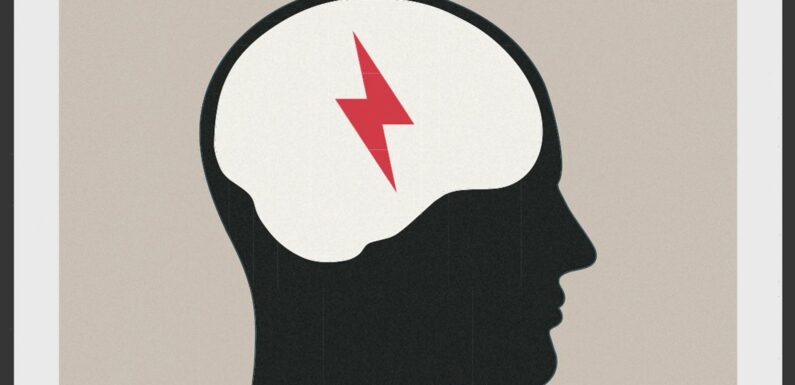
MIGRAINES are painful and many people suffer from them on a regular basis.
This had also been the case for one 57-year-old man who had been taking daily medication in order to avoid a sore head.
However, after contracting coronavirus in December 2020, the patient stopped having migraine attacks.
Writing in the Journal of Medical Case Reports, experts said the patient had suffered with the debilitating headaches for over 40 years.
Each migraine attack would last between eight and 16 hours and if left untreated, the pain would 'severely disrupt' his daily activities.
The man believed that emotional stress, a lack of sleep, missed meals and a change in the weather were all triggers for his condition.
Read more on migraines
I’m plagued by agonising migraines so I tested 8 ‘cures’ – here’s my top picks
I’m a migraine expert – here’s the 9 signs an attack is coming & when to see a Dr
During the course of the 40 years he had been suffering, he had been prescribed various medications to help relieve the pain.
Since 2003, the German man had been diagnosed with 'over use headaches', which is when a person has a headache on more than 15 days a month.
He'd also tried other treatments such as diet changes and psychotherapy.
But it was only after having Covid that the patient started to notice any improvement.
Most read in Health
Warning to anyone taking common cold meds over links to killer brain disorders
You’ve been wiping your bum wrong & it could be putting your health at risk
I'm a mum and I've been given months to live after my cancer was misdiagnosed
Nurses pause strike action as Government agrees to talks over pay
"After approximately 20 days, the patient not only felt as if he had completely recovered from Covid-19, but surprisingly also experienced only three migraine attacks over a period of 24 days. This was unprecedented," the experts said.
The patient only had mild symptoms of the now common bug and suffered with fever, fatigue, headache and respiratory issues.
Medics said that how often sufferers experience migraines depends on age.
The American migraine prevalence and prevention study revealed that for males a prevalence maximum of 0.79 per cent is reached between 40 and 50 years, and that prevalence drops to 0.26 per cent for men above 60.
With that in mind, the experts said it's not 'uncommon' that the patient would have experienced a drop in frequency.
However they added that 'it cannot be excluded that the observed reduced migraine attacks in the reported case are not related to the SARS-CoV-2 infection'.
They added that the timing of the two events does suggest that the slowing of the chronic migraines was triggered by Covid-19.
The new research is contradictory to other reports that suggest patients who catch the bug have worse headaches during the infection period.
Other researchers have also found a previous history of migraines to be associated with long Covid.
Source: Read Full Article






